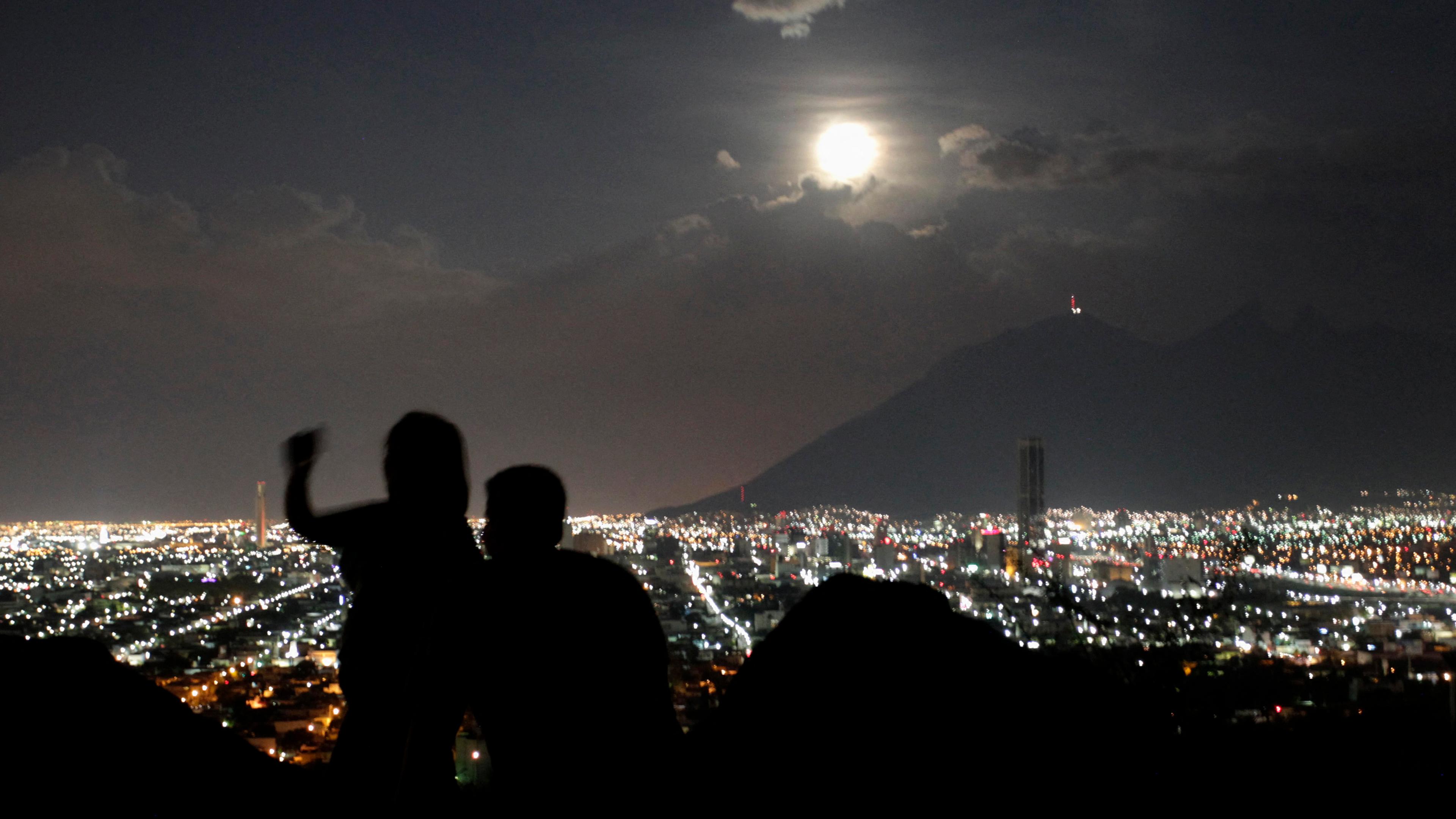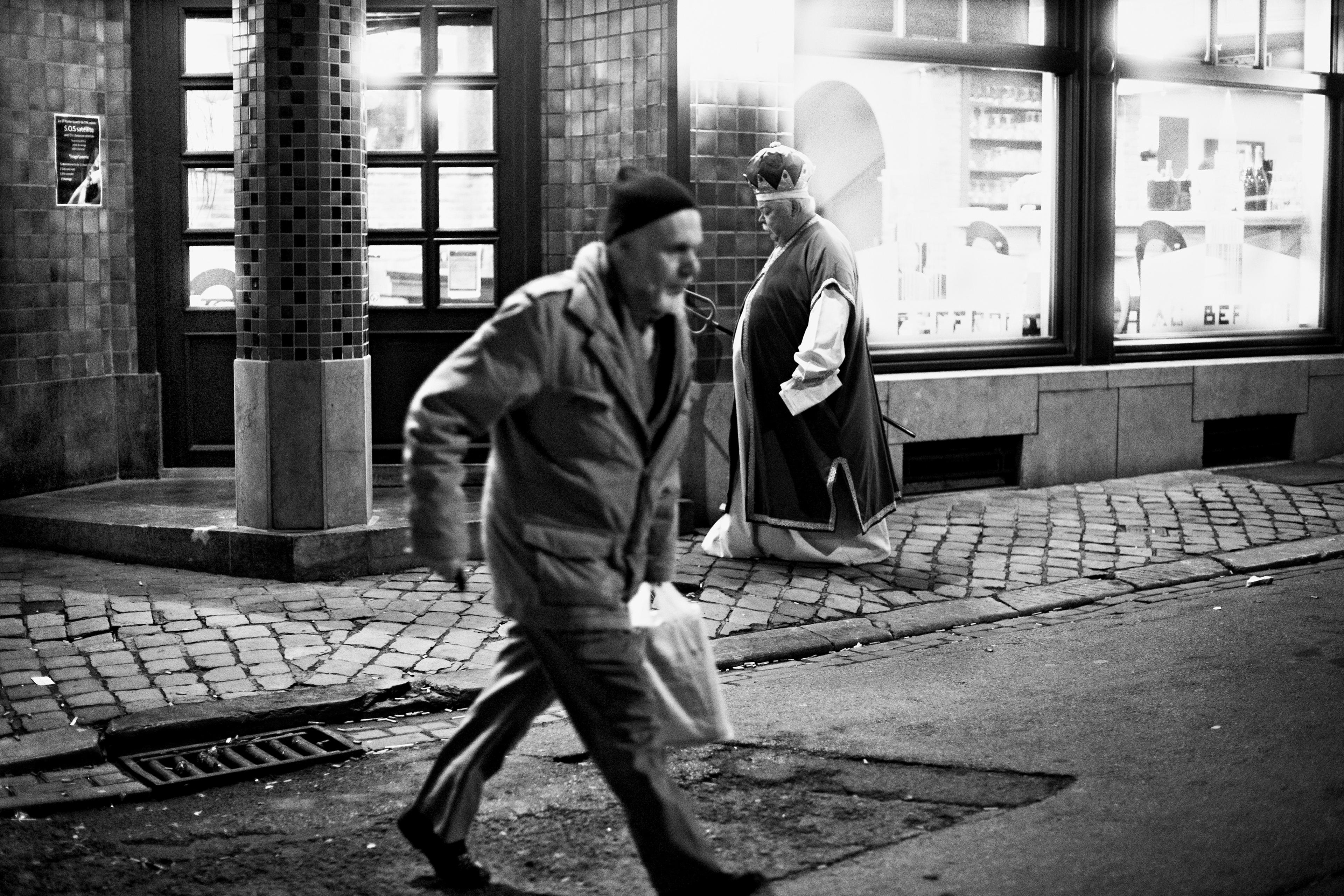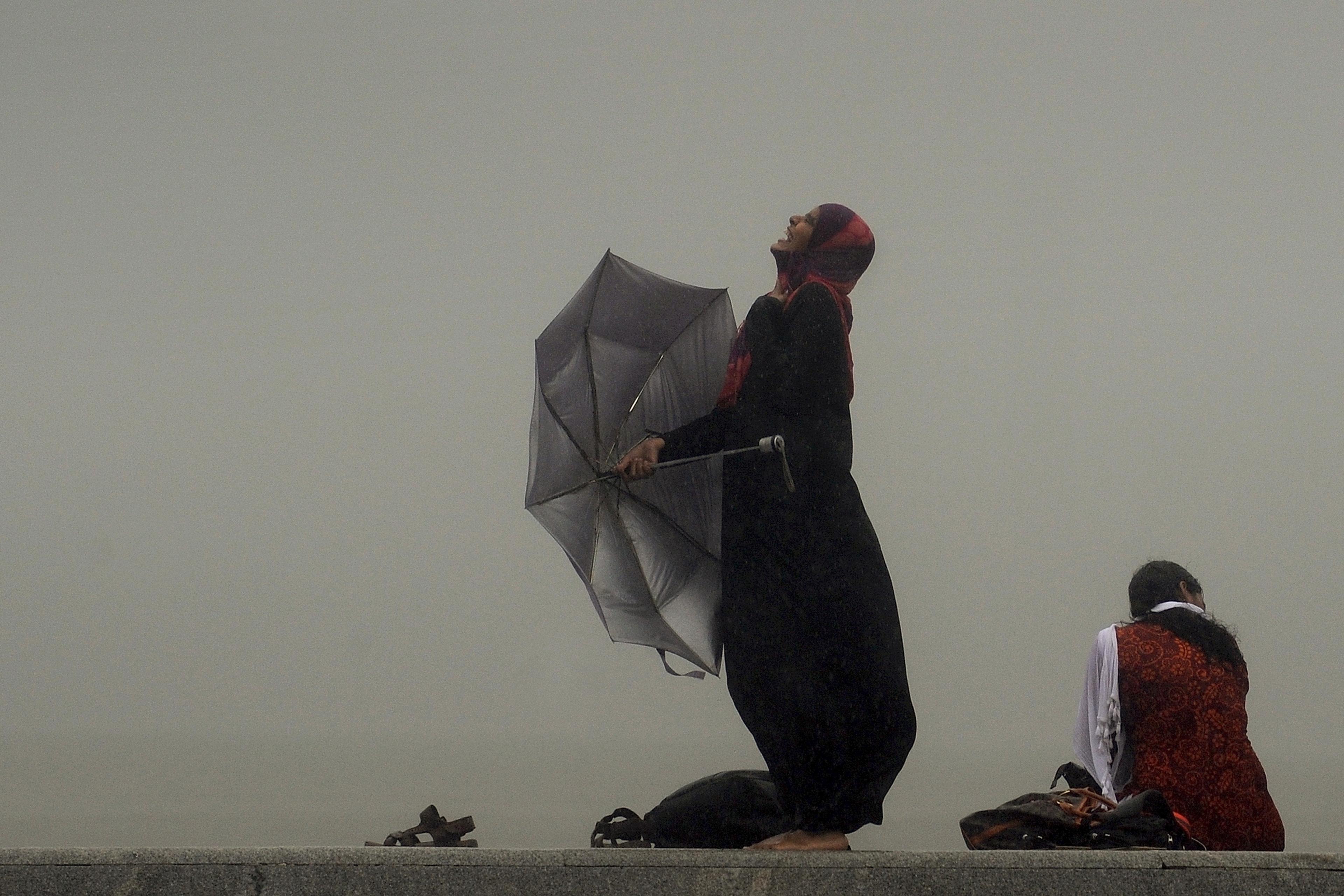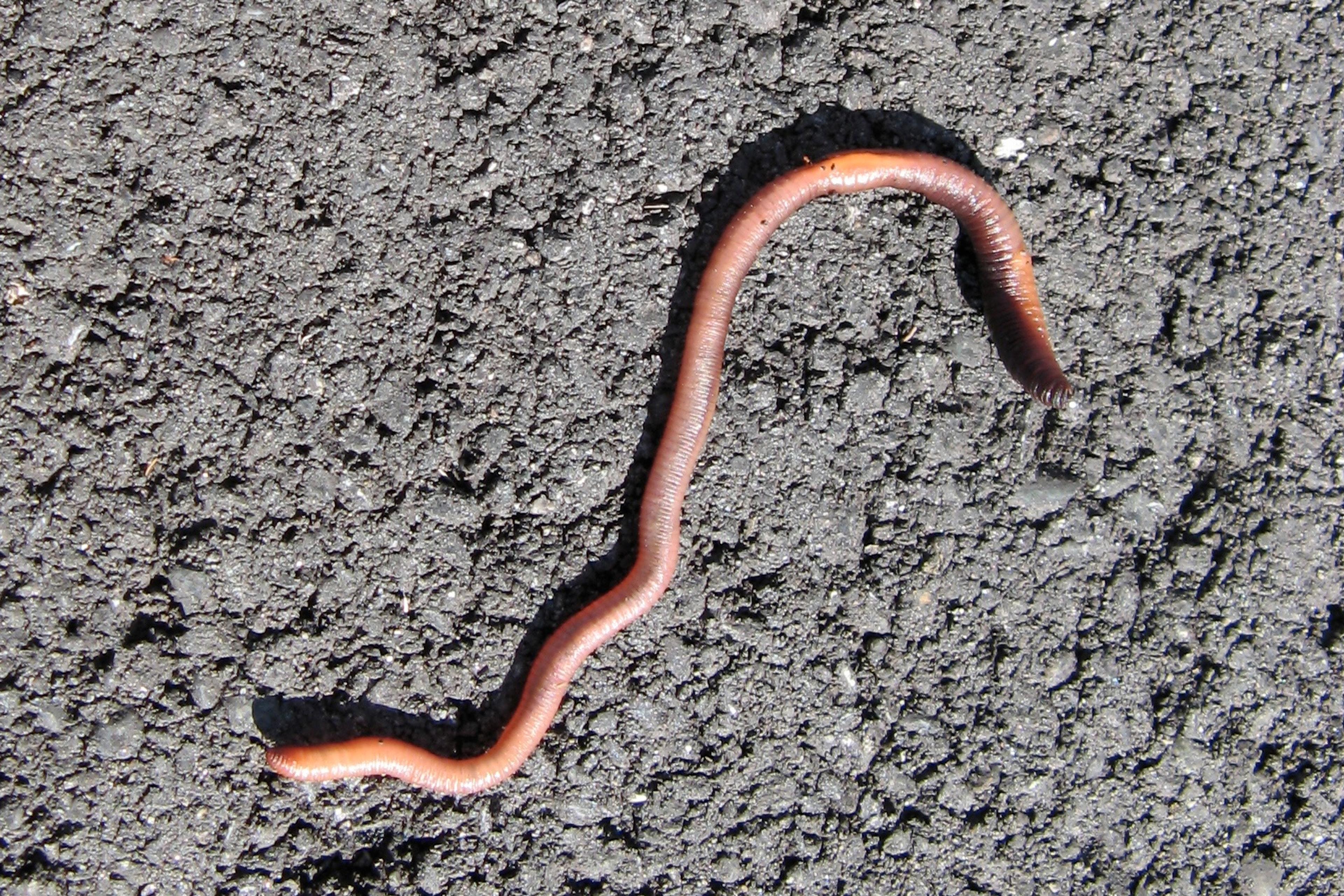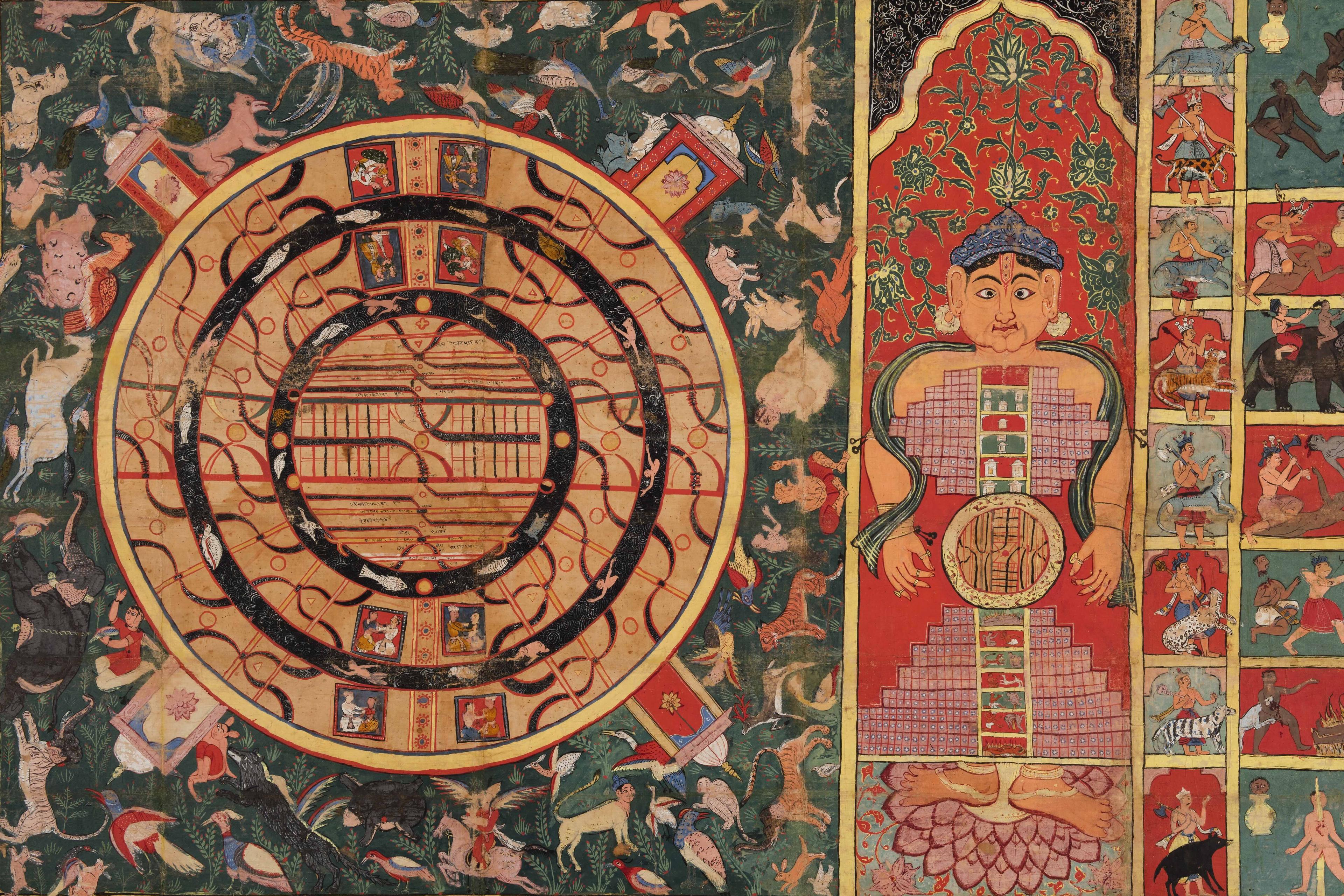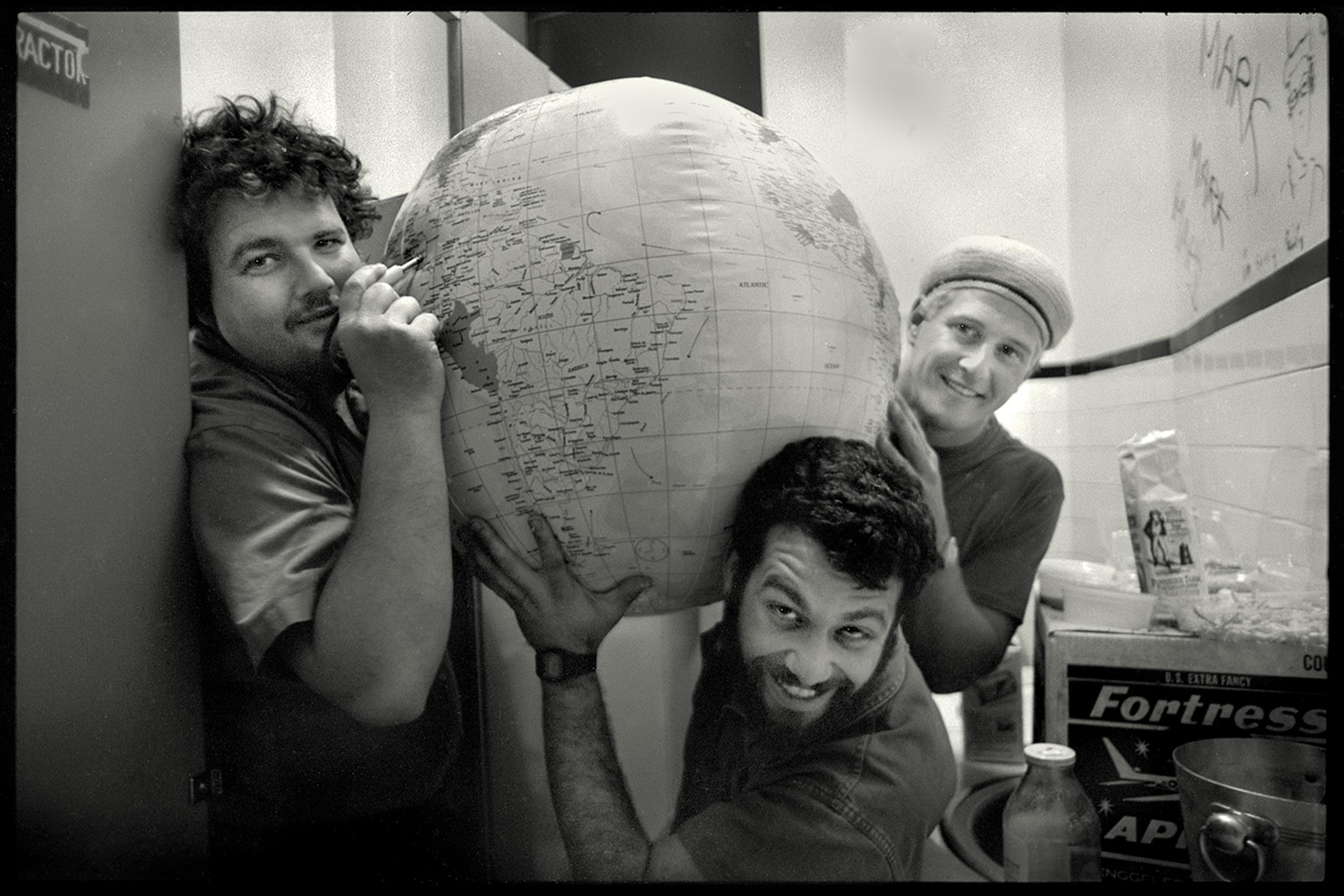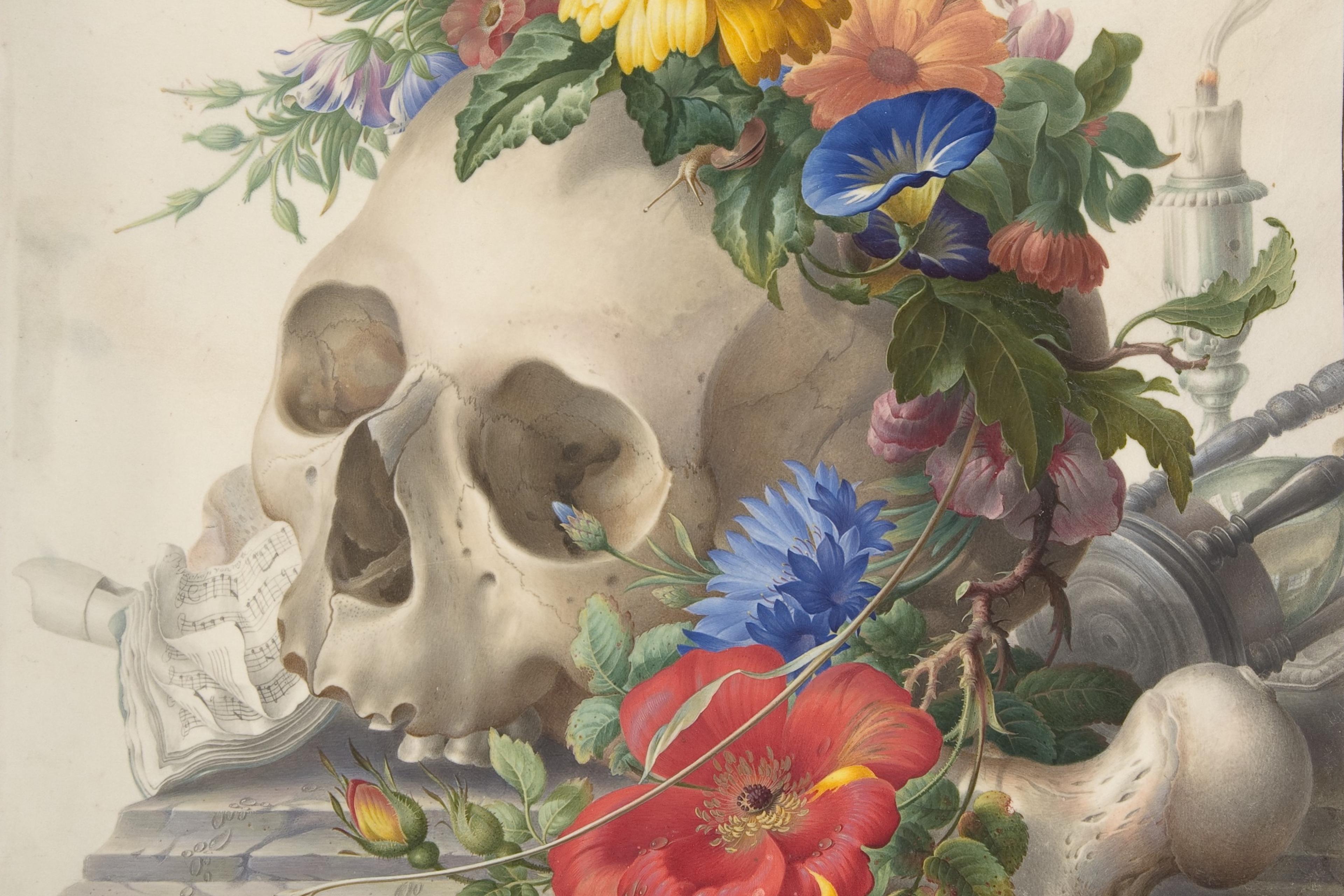My friend told me that more than half the students in his environmental ethics class believed that it is inevitable – not just possible or probable, but inevitable – that we would end up in a Mad Max-style dystopia. They confront existential despair. Interestingly, even though they saw dystopia inexorably on the horizon, they were not fatalistic. They were taking an environmental ethics class, after all, and thinking together about what could be done.
We might share the feeling that all we can do will not be enough, and yet that we must do what we can. But for many of us, thinking about genocidal wars, global extinction crises, the teetering global economy and the rise of authoritarianism does not inspire an optimistic, can-do attitude. Almost everyone I know feels helpless to control the terrible things that are happening right now. We’re right about this. We are living in the middle of multiple catastrophes which are sometimes personal tragedies and sometimes unbearable global losses beyond our ability to comprehend, and often both.
It may seem like a contradiction to believe that terrible outcomes are inevitable and to still muster the will to work on things. Some of us respond to this contradiction by affirming, nihilistically, that there’s no point in trying: since we don’t have the personal power to make things all better, we might as well give up now. Others respond by believing that someone else will make things work out, somehow – technologies will get much better very fast, or Earth will spontaneously heal itself, or there’s a cosmic plan. Naive optimism like this affirms that we don’t have the personal power to change things, yet things will inevitably work out.
The novelist and poet Ursula K Le Guin helps us to think about a third path. For her, naive despair and naive optimism share a fundamental idea: there is a set of forces, outside our control, that determine both our personal path and the fate of the world. Since we don’t have the power to change things, we are off the hook for working on things.
In her fiction and theory, Le Guin rejects both nihilism and optimism on the grounds that both defer to a ‘higher purpose’. For her, living without a higher purpose means assuming a few things:
- There is no deity or force in the Universe with a specific plan for our life.
- How society is currently organised is not inevitable; the hierarchies we are born into can be changed.
- We have no specific biological nature that has preprogrammed what it is to be human.
- The people who raised us and the things we’ve been subjected to do not dictate our life’s path.
Le Guin offers a way to choose, act and do without aiming for control. Her work is a model for responding to existentially demanding conditions. She thinks we should not give up on responsibility, even as we jettison the idea that our personal actions control the fate of the world.
We should take seriously how bad things are, and tell the truth about the limits of our personal power. And then we should ask, as one character in her monumental book Always Coming Home (1985) does: ‘How shall a human being live well, then?’ Given this situation and these limitations, what should we do with our life? If we follow Le Guin, we too start to ask how a human being should live well.
Le Guin starts in the messy middle, where we have neither gods nor masters, neither nature nor nurture, to rely upon. For her, we have to set our own purposes, not letting ourselves off the hook of choosing from the limited options we have. So far, this might sound like a basic – and very suspicious – imperative towards self-mastery, survivalism and a kind of nativist protectionism. But Le Guin is much more demanding, and more helpful, than this. Her understanding of the kind of existentially demanding freedom we choose is fundamentally collective. We are free only because we are part of a collective world. As she writes in her most overtly anarchist novel, The Dispossessed (1974): ‘The choices of the social being are never made alone.’
What does it mean to make collective choices without reliance on stories of higher purposes to give our lives meaning? In Always Coming Home, an anthropologist of the future examines our many-generations-away descendants in a world that is still dealing with the inheritances of our environmental destruction. The Kesh people, who are the main focus of the book, live in small collectivities in ‘the Valley’. This is a place we cannot quite call a utopia (a no-place), but perhaps rather a pluritopia (a many-place). They are intensely situated, deeply relationally formed. Their way of life is contested and under attack by the Condors, people actively pursuing the inheritances of capitalist and colonial social relations, notably through war. Condor lives are focused on conquest, fixed hierarchical forms and devotion to the One, a god-figure.
For Le Guin, there is something wrong with attempting to step outside the world as though we were not part of it
In a long debate about whether this is a good way to live or a cult and sickness, one of the Warriors derides the Kesh way of life:
I too am not ashamed of being a Warrior! It is my pride! You people there, you’re sick, you’re dying and don’t know it. You eat and drink and dance and talk and sleep and die and there is nothing to you, like ants or fleas or gnats, your life is nothing, it goes nowhere, it goes over and over and over nowhere! We are not insects, we are human people. We serve a higher purpose.
Central to this idea of serving a higher purpose is a fixed hierarchy, with a sovereign God who lays out societal purpose. Fractal-like, then, these hierarchies dictate governmental structure, with a single autocratic ruler; families, with a patriarch who has dominion over his household; and societal forms, which are based on military conquest and enslavement.
The analogies to our own world are clear. We, too, are often told to defer to a fixed hierarchy and to identify meaning in our lives from our social position, family function or job. We are invited to take the purpose of our life from outside ourselves.
In contrast, a character in The Lathe of Heaven (1971) reflects:
What’s the function of a galaxy? I don’t know if our life has a purpose and I don’t see that it matters. What does matter is that we’re a part. Like a thread in a cloth or a grass-blade in a field. It is and we are. What we do is like wind blowing on the grass.
For Le Guin, there is something wrong with attempting to step outside the world as though we were not part of it. Thinking that our human purpose on this Earth is to do things, change things, and run things requires this sense of separation, but also involves the posture towards the world that we should have mastery of it.
Le Guin rejects, as well, a conception of a fixed human nature as something that dictates how we humans should live. She does this not by imagining worlds in which we are completely divorced from the field of the bodily and the biological, but by directly questioning how biology might shape our collective biography as human. One of the societies she imagines in her books is the ‘Ekumen’. She writes, in The Left Hand of Darkness (1969):
Its doctrine is just the reverse of the doctrine that the end justifies the means. It proceeds, therefore, by subtle ways, and slow ones, and queer, risky ones; rather as evolution does, which is in certain senses its model.
Le Guin often contrasts the subtle, slow, queer, risky means of evolution with fixed conceptions of human nature.
We can start from the idea that we do not have a purpose in the sense of something elevated, exalted, superior, better, functional, useful, biologically necessary or God-given to do. There is nothing in particular that we have been put on this Earth for. There is no specific human nature that determines what we should do at any particular moment. Instead, we make choices in social and historical contexts. Le Guin starts from a belief that neither God nor the Universe has a plan for us. We are made up of means, of setting our own ends, of creating ourselves.
The ordinary purposes that make up our lives are very much worth making our life’s work
So what happens when we come to understand that no personal power, capacity or choosing will get us out of the plunge toward water wars, species eradication and neofeudal warlords driving souped-up cars across the desert? Or, in a less dystopian mode, what happens when we come to believe that there is no way that any of us personally can control the immense complexity we confront, and that this is actually a beautiful thing, because we realise that we are just one evanescent part of the humming, buzzing world?
For Le Guin, we find a different source of purpose. Because we are a social species, our strength lies in collectivity, in being part of a whole, in exercising a human capacity to collectively shape our shared world. The way out of despair lies not in optimism without foundation, and not in divesting ourselves of the responsibility of choosing to act. Perceiving that things are very bad and doing something that might change the world anyhow comes out of our being both the grass and the wind, taking our purpose and our power from being part of this world.
It could induce despair to give up the idea that we humans come into the world with a preset reason for living or a blueprint for how to make meaning with our lives. Taking this orientation means that there is no reason to live other than the reasons we give ourselves; we have only self-generated purposes to pursue. Instead of evoking despair, I find this idea quite beautiful. While existentially demanding, it is also ethically and politically satisfying to have no fate but what we make. We have no higher purpose. But we do have many ground-level, basic, human-scale, situated, soft, sweet, lower purposes. Indeed, the ordinary purposes that make up our lives are very much worth making our life’s work. There’s nothing better that we could possibly do than attempt to live well, on this good Earth, together.
If we have no higher purpose in the sense of a preset destiny or fate, there is no higher purpose for our lives than practising collective freedom – making meaning from the middle of what we’ve been flung into, in all its mess.
